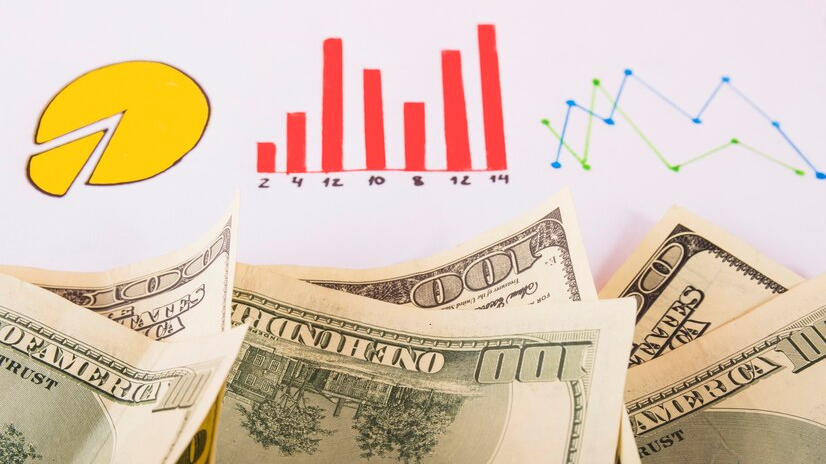
Rising inflation and a return to quasi-normal monetary policy have led to the rise of financial vulnerabilities, from bad hedging in British pension funds to the reckless management of Binance. But now comes news of another danger that could overshadow the others.
According to a recent report by the Bank for International Settlements, the global financial system is bloated with some $65 trillion in hidden dollar debt. This situation involves a form of swaps, entailing a currency transaction and its subsequent mandatory cancellation.
Future financial liabilities will be a form of debt, but not for the accounting records of banks or other companies. The level of off-balance sheet debt on currency swaps eclipses the $28 trillion in on-balance sheet swap liabilities that make up the BIS table.
This form of credit has increased dramatically in recent years, rising from $37 trillion in off-balance sheet liabilities on the eve of the 2008 panic. This increase is due to a number of factors, most of which have to do with the effects of unnaturally low interest rates around the world over the past 15 years.
Asset managers (pension funds, insurance companies) in developing countries have increased dollar-denominated investments to seek returns amid lower interest rates worldwide. Fund managers would then be required to enter into currency swaps to hedge currency mismatches between their assets and liabilities. These swaps are a form of liability that entails liquidity and counterparty risk, but are not reflected on the balance sheet as credit or debt.
This is how a new financial risk is revived, where one of the vulnerabilities is exchange rate volatility. Interest rate risk is another vulnerability. One reason the forex swap market has grown so rapidly in recent years is that the steeper yield curve in the U.S. compared to other major economies - relatively lower short-term interest rates, and relatively higher long-term interest rates - has essentially allowed banks and other firms to borrow short.
The yield curve in the U.S. has flipped; investors must roll over their short-term swaps at much higher rates. Dollar-denominated currency swap debt is overwhelmingly outside the U.S. U.S. banks and companies tend to be lenders in these agreements - and this exacerbates liquidity risk. The Federal Reserve cannot act as lender of last resort to foreign banks or other institutions facing a shortage of dollar liquidity arising from their swap positions. This makes foreigners dependent on their local central banks' currency swaps with the Fed to provide dollar liquidity.
